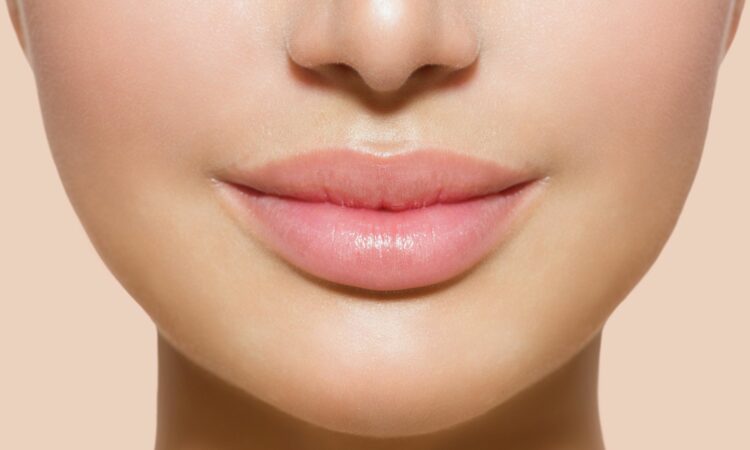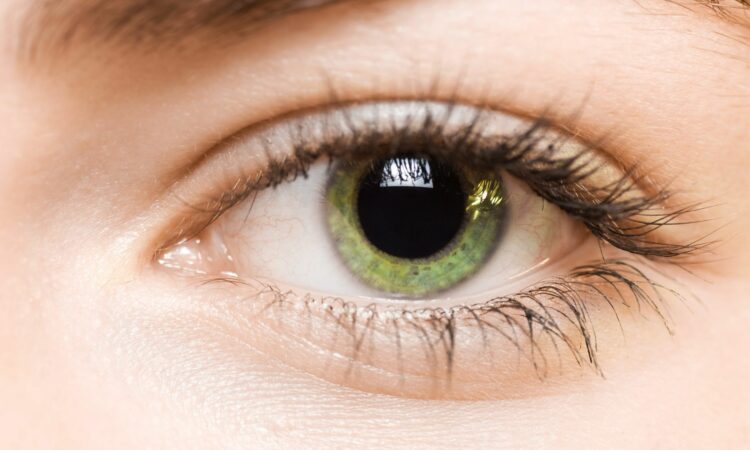
Understanding Hair Loss in Men: A Comprehensive Guide
The Reality of Hair Loss in Men
Hair loss in men, or alopecia, is an extensively encountered condition in the United Kingdom. It’s a phenomenon that is quite prevalent, impacting up to 70% of the male population by the time they reach 70 years of age. While it is a natural part of ageing, many men find this process distressing. This blog aims to offer a comprehensive exploration of male pattern baldness, delving into the various facets of this condition.
We will begin by discussing the biological aspects of male hair loss, examining the underlying causes and how they differ among individuals. This will include a look at the genetics of hair loss, hormonal influences like dihydrotestosterone (DHT), and other factors such as lifestyle and diet.
The psychological impact of hair loss on men cannot be overstated. For many, losing hair is a physical change and a source of significant emotional stress. This section of the blog will delve into the psychological effects of balding, including issues related to self-esteem, social perceptions, and the general mental health challenges that can accompany this condition. We aim to provide a sensitive and understanding perspective on these challenges, offering support and guidance for those affected.
Our aim at Imperial Aesthetics is to empower men experiencing hair loss with knowledge and options. By understanding the condition, its impacts, and the array of treatments available, we hope to alleviate some of the distress associated with male pattern baldness and provide hope and solutions through the services offered at Imperial Aesthetics.
What Contributes to Male Hair Loss?
Male hair loss, a condition that affects a significant portion of the male population, can be attributed to various causes. While it is commonly associated with the ageing process, several other factors can contribute to this condition, making it a complex issue with multiple dimensions.
Firstly, ageing is one of the primary factors in male hair loss. As men grow older, it is quite common for hair to gradually thin and recede, particularly at the temples and crown of the head. This process is a natural part of ageing, and while it is widespread, the degree and pattern of hair loss can vary significantly from person to person.
Genetics also play a crucial role in male hair loss. Male and female pattern baldness, medically known as androgenetic alopecia, is often hereditary. This means that if there is a family history of baldness, there is a higher likelihood of experiencing similar hair loss patterns. Genetic predisposition determines the age at which one begins to lose hair and the speed, pattern, and severity of the baldness.
Illnesses can also contribute to hair loss in men. Certain medical conditions, such as thyroid disorders, autoimmune diseases like alopecia areata, and scalp infections, can lead to the thinning and loss of hair. In some cases, once the underlying medical condition is treated, hair may regrow, though this is not always the case.
Stress is another significant factor that can lead to temporary hair loss, known as telogen effluvium. High-stress levels can push hair follicles into a resting phase, preventing new hair from growing. Emotional or physical stressors, including severe illness, major surgery, or traumatic events, can exacerbate this condition.
Furthermore, specific medical treatments, particularly those for cancer, like chemotherapy and radiation therapy, can cause hair loss. These treatments target rapidly growing cancer cells, but in the process, they can also affect the growth of other rapidly dividing cells, such as hair follicles. This can lead to hair loss, which is often temporary, with hair usually regrowing after the conclusion of treatment.
In addition to these factors, lifestyle choices such as diet, smoking, and certain hair care practices can influence hair health and contribute to hair loss. Nutritional deficiencies, harsh chemical treatments, and certain hairstyles that pull on the hair (tight ponytails or braids) can also contribute to hair thinning and loss.
Understanding these varied causes of male hair loss is crucial for identifying the most effective treatment and management strategies. It’s essential for individuals experiencing hair loss to consider these factors and, if necessary, consult with healthcare professionals to address any underlying health issues or to explore treatment options tailored to their specific situation.
Mental, Social, and Emotional Factors
Losing hair can significantly affect one’s mental health and social interactions. It can lead to a decrease in self-esteem, causing anxiety, social phobia, and even depression. The psychological impact is profound, as hair is closely tied to identity and self-perception. In severe cases, this can lead to further stress and exacerbate hair loss.
Solutions for Hair Loss in Men
Several treatments exist for male hair loss, ranging from non-surgical to surgical options:
- Non-surgical treatments include shampoos and conditioners, a healthy diet, and camouflage products like scalp dyes. Medications prescribed by a GP are also options, but they usually work to retain existing hair rather than regrow it.Surgical Treatments: Hair transplant surgery involves relocating hair from one part of the head to the balding areas, such as the strip follicular unit transplantation (strip FUT) method or the follicular unit excision (FUE) method.
- Surgical Treatments: Hair transplant surgery involves relocating hair from one part of the head to the balding areas, such as the strip follicular unit transplantation (strip FUT) method or the follicular unit excision (FUE) method.
The Role of Imperial Aesthetics
Imperial Aesthetics offers a range of scientifically proven treatments to restore thinning hair. Consulting with professionals like Dr. Daniel Hunt can help determine the cause of hair loss and develop an effective treatment plan. We provide minimally invasive treatments to increase blood flow to the affected area and will also offer advice and support throughout your hair restoration journey.
These Articles May Also Interest You:
The Aesthetics Industry: Paving the Way for Regulation in the UK
The lasting danger of sun damage to your face and skin
The advantages of Aqualyx fat-dissolving injections
Empowerment Through Male Hair Loss Treatment
Imperial Aesthetics’ holistic approach focuses on understanding each client’s specific needs. We offer personalised consultations to guide patients through their hair loss journey. By collaborating with leaders in the hair restoration industry, we ensure comprehensive care. If a particular treatment isn’t suitable, we guide clients to alternative options, always prioritising the client’s well-being and confidence in their natural beauty.
In summary, while male hair loss can be a source of significant emotional distress, understanding its causes and exploring the range of treatment options available can provide a pathway to restoring hair and rebuilding self-confidence and a better quality of life.
Related Articles
-

Plump, Perfect, and Picture-Ready: The Magic of Lip Fillers
Understanding Lip Fillers Picture this: you, confidently strutting down the street, turning heads with every step. Your lips, full, luscious,…
-

Bright Eyes, Beautiful You: The Art of Tear Trough Fillers
Understanding Tear Trough Fillers We’re diving into the world of tear trough fillers, a cosmetic marvel that’s gaining huge popularity…
-

Embracing Natural Beauty: A Comprehensive Guide by Imperial Aesthetics
You Are Beautiful Inside And Out In a world where artificial enhancements and cosmetic procedures are increasingly common, it’s refreshing…



